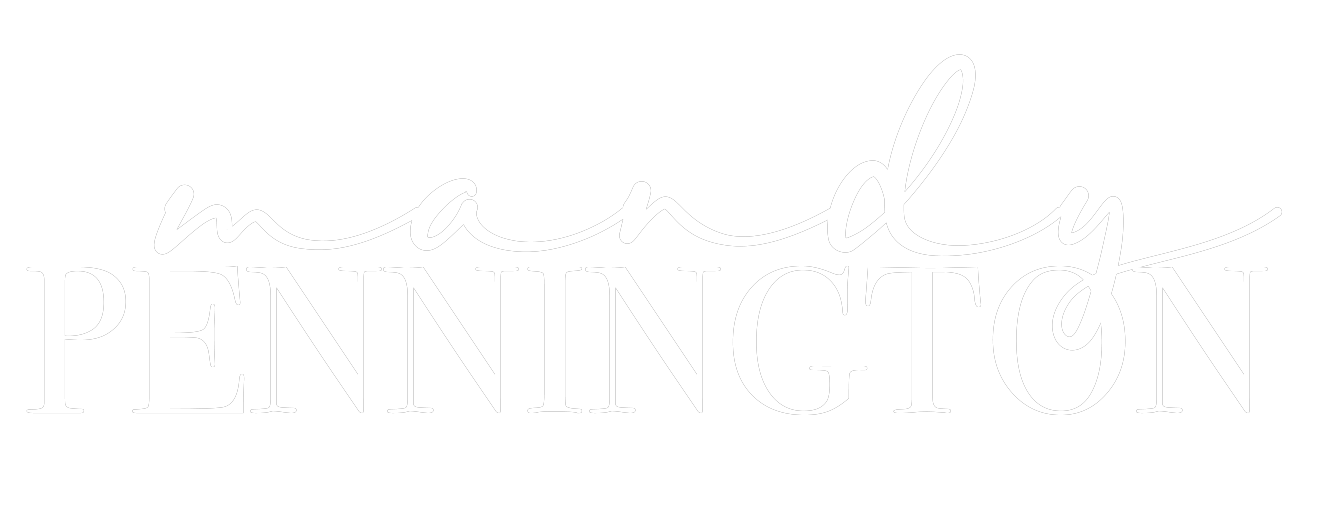Dear Reader,
You are living in a time when letter-writing is on its deathbed. The beginning of its demise came with the invention of the telephone, followed by the computer, the internet, e-mail, and the cell phone. This is a mournful death, as letters were a huge part of our history as human beings, and a beautiful expression of ourselves. The immediacy of texting and email is compelling and useful in most situations, but has slowly been pushing letter-writing out of the picture.
Letter-writing has been around much longer than any modern technology. However, only in the last two decades has it become nearly obsolete. Much of our human history was relayed through letters, and the preservation of letters has taught us much about the real-life activities of people throughout the ages. We can all think of the letters far-away soldiers wrote to their beloved ones, letters from presidents to queens and our founding fathers — letters that have transformed the way we view these historical figures.
Writing letters used to be an art form. A letter was like a song, or a poem, or a novel, composed with thought and intention. The depth of words has been lost in our current texting culture. Keeping in touch with loved ones from long distances is, yes, faster and easier, but has lost the nuance of intention and meaning. Romance has completely changed; instead of waiting days with baited breath for what will surely be an outpouring of love and a sharing of heart in a letter, we get annoyed when a significant other doesn’t respond to our text for a couple of hours.
Part of the power of letters is that they arrive from the past. The length of time taken in the exchange gives the recipient time to respond, an opportunity to bask in a moment, and the reduction of a go-go-go culture. Receiving a letter is like receiving a piece of a person’s life and heart in the frozen mindset of the moment in which they wrote it. The physical notation of affection is undervalued, both in romance and in friendship. A letter is a tangible thing to keep and cherish, and used to look back at the physical declaration of love. I have a box of letters in my keepsakes that remind me of periods of my life and people that I loved. It’s not the same as saving a text on your phone. We have lost a form of communication that influenced our relationships and our stories.
You will always remember the letters you receive. I grew up having pen-pals, whether they were little girls who just lived down the street, or girls I’d never met who were paired with me through a pen-pal program. Writing these letters kept me connected in times when I was lonely or felt friendless. Hearing another person’s story in intentional, written form is a completely transformative experience that just isn’t the same through email or text. I remember getting up early every morning and running down the driveway to check the mail, waiting anxiously for the next update in my friends’ lives.
My dad wrote me a letter when I first started college, telling me how much he loved me and was proud of me, giving me some much-needed advice, and sharing his hopes for my future. My mom used to have all of my friends write notes on giant cards for my birthday. Many of my boyfriends wrote me letters. I’ve kept them all, because even if I haven’t stayed in touch with those people, I still have tangible evidence of the love that was once there, and the love that was and is part of my story.
So, I encourage you to write a letter to someone. Today. It doesn’t have to be fancy. Tell them about how your cat is sick and you had to clean up their barf from the carpet. Tell them about this strange encounter you had with someone at Wendy’s. Or share your deepest, darkest secrets, I don’t care. Just write. Take part in the long history of letters and the practice of artful composition. Your letters will mean much more to your loved ones than you might think.
Yours,
Mandy Pennington
P.S. This was original published in the Greenville University Vista magazine.
